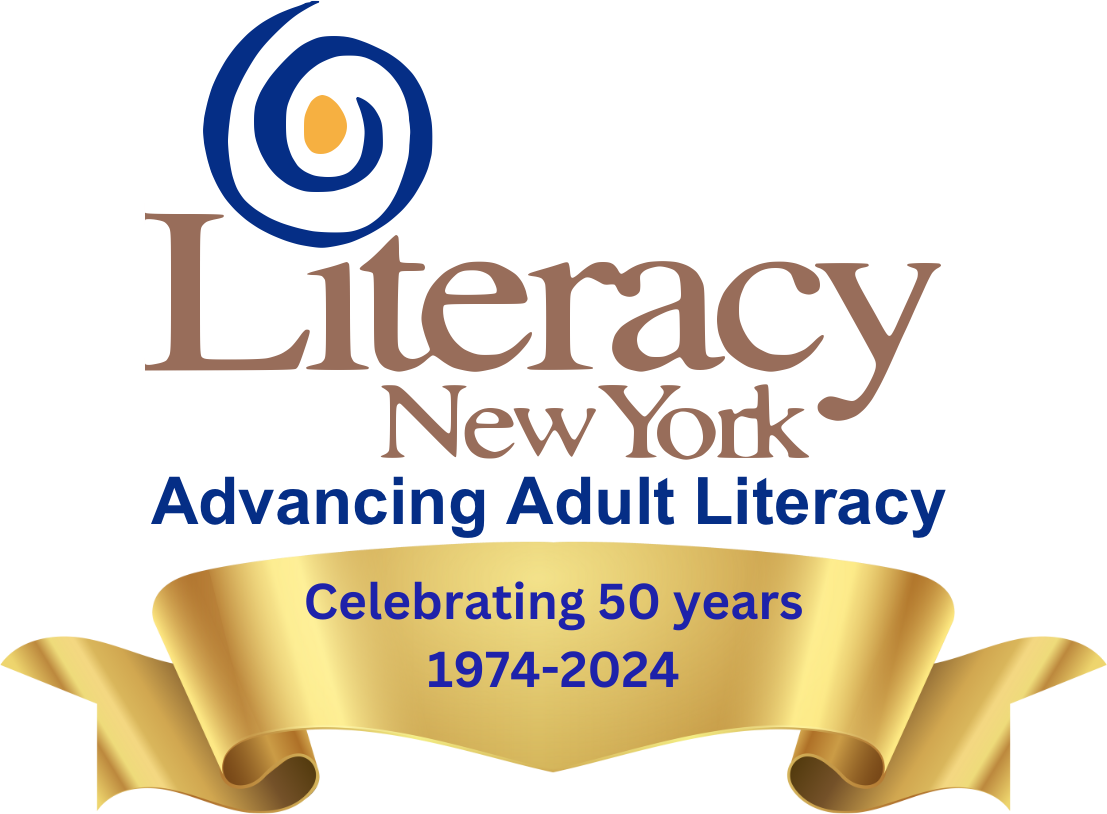Featured News - Current News - Archived News - News Categories
The Importance of Partnerships Between Adult Basic Education Programs and Libraries
Representing The Open Door Collective, Peter Waite and David J. Rosen recently gave an important presentation at the Vermont Public Libraries Conference sponsored by the Vermont Library Association. The Open Door Collective (ODC) is dedicated to reshaping U.S. society to have dramatically less poverty and economic inequality and more civic engagement and participation in all our society has to offer. As professionals working in adult education, social services and poverty reduction, ODC members believe that adult basic skills education and lifelong learning programs can help open the doors of opportunity for everyone to healthier, more prosperous and satisfying lives.
The main theme of the conference was the emerging role of libraries and their ability to transform communities.
From the ODC Newsletter: Peter and David presented a 50-minute session on the importance of library partnerships with Adult Basic Education programs. At the outset, they asked who was in the room. All librarians, of course, and nearly all worked in local public libraries across the state. About a third were local library administrators. One person was a state level library administrator. David asked what they hoped to get out of our session, what drew them to it. Several said that in their communities they directly experienced the increase in poverty and that they want to do something about it. Others were interested in learning more about partnering with ABE programs. Many were interested in how to find out if there was a nearby ABE program. David introduced them to the National Literacy Directory website as an easy way to find out. Few had linked in any way to an adult literacy program and only one participant had a partnership with a local adult literacy program. They appeared to understand the importance of linking up, but had not done so.
Peter and David hope they may have helped to change that. Peter introduced them to the ALA- and ProLiteracy-sponsored Adult Literacy Action Agenda as a way that any library, regardless of size, budget, or involvement or lack of involvement with adult basic skills programs could find activities to move forward with including adult basic skills.
The participants had some good questions, for example: about whether or not a private space was needed in a library for adult literacy tutoring. David responded that that would be ideal, and Peter rightly added that this isn’t always possible. There was a question from the state level person about English language services for immigrants, and another about how libraries across the state could partner with adult basic skills programs. Peter will follow up with him to discuss that. There was a question about how libraries might address poverty issues of older adults, for example transportation when their car broke down and they had no money to fix it, and there was a question about how library collections could help people who had low-literacy skills. David suggested a partnership with a local adult basic skills program, where the librarian would visit the program, teachers would bring their classes to the library, and on a tour of the library the librarian could introduce adult learners to the high interest, low-level reading books as well as to the children’s collection.




